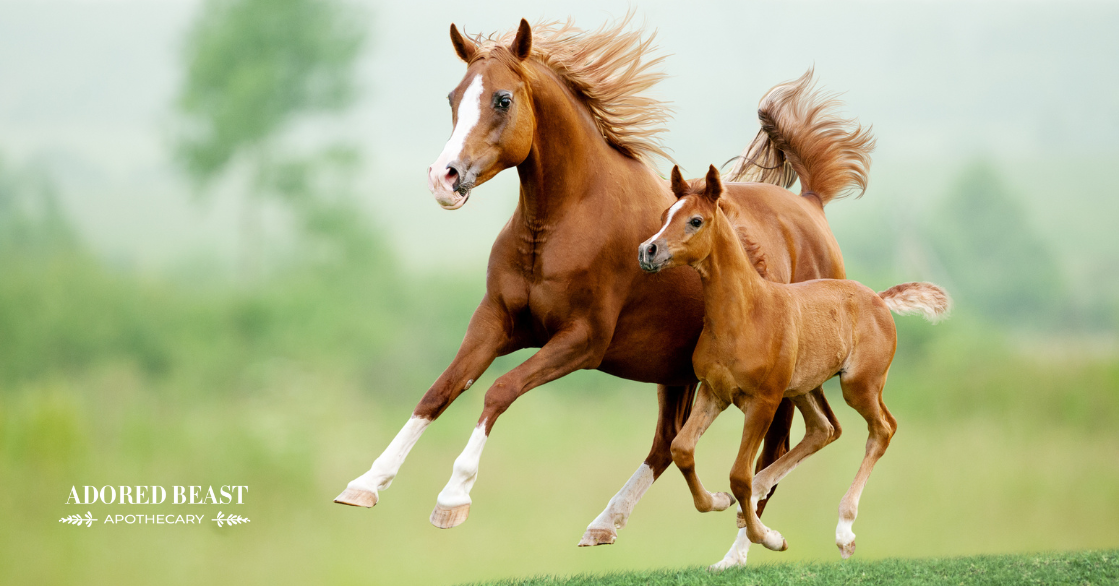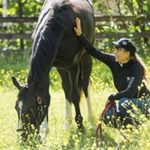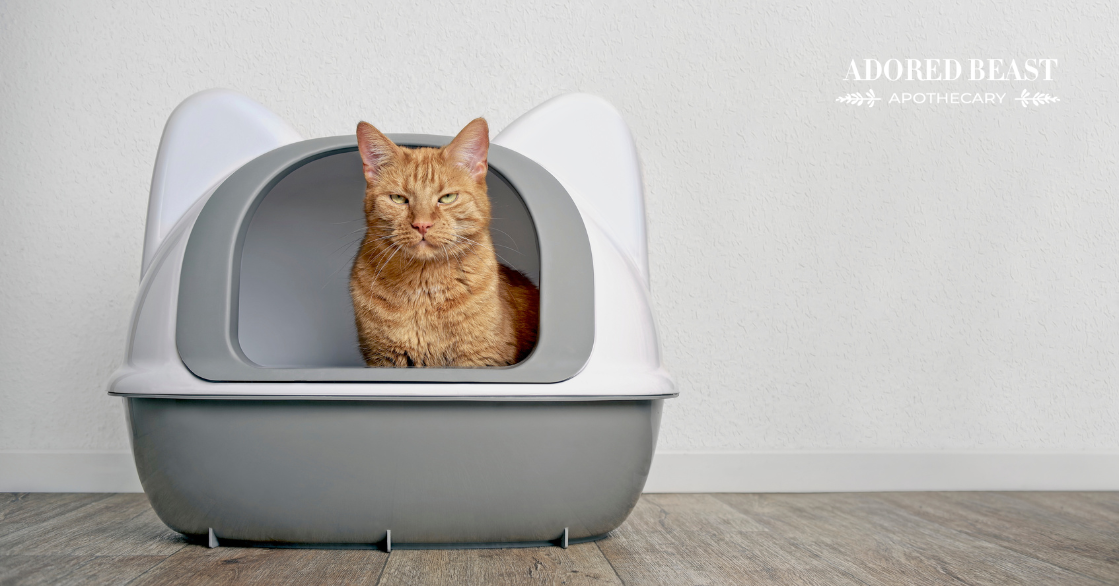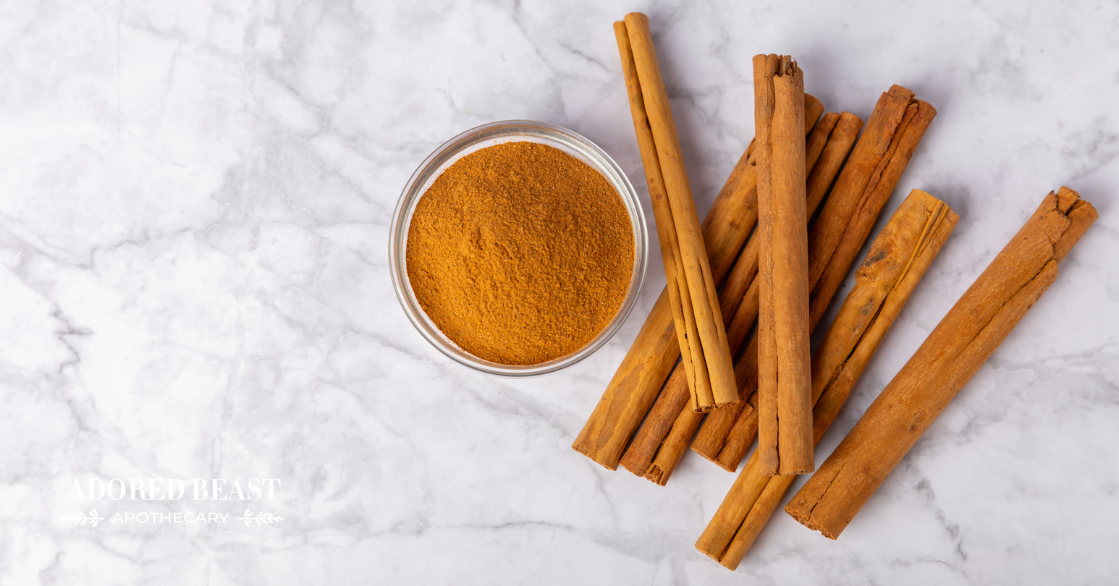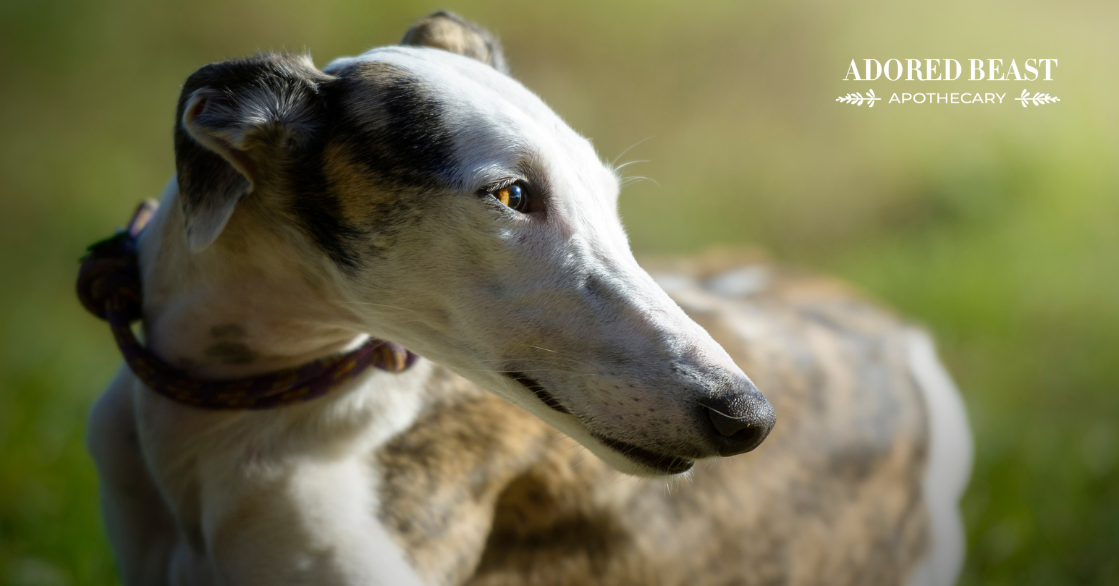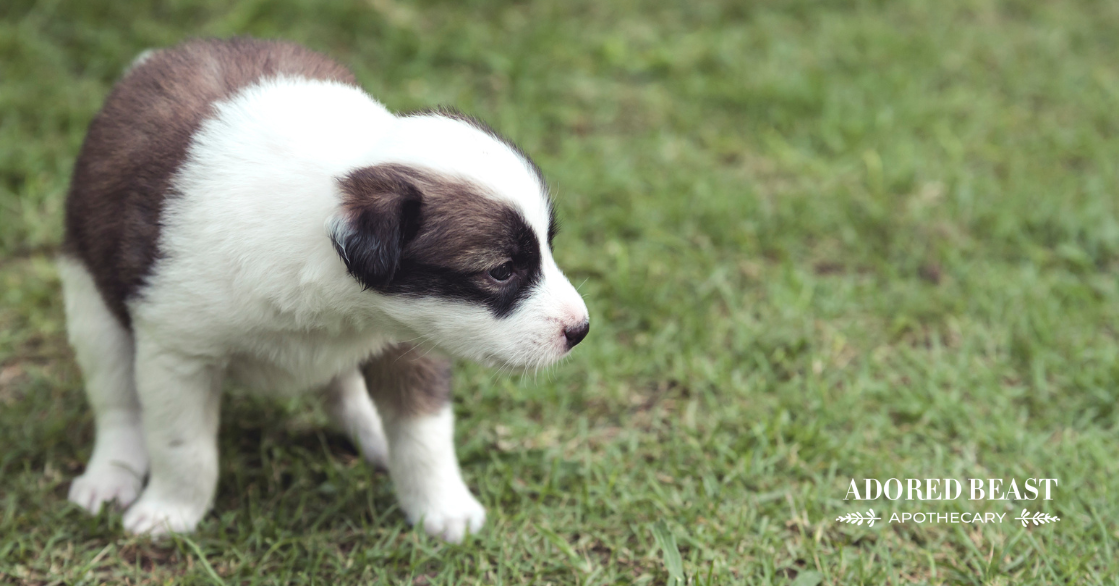Joint support for horses is such an important topic, and one I could talk about for hours and hours.
For horses, general wear and tear over their lives can impact their lifespan. Of course, we want to pay attention to the joints for overall health and longevity, whether you have a performance horse or not. For quality of life, horse needs to be able to use all four legs.
Injuries, and the resulting rehab, can be incredibly stressful for your horse (and you). That resulting stress can have detrimental impacts on both mental and physical health long term. It’s so important to make sure that we’re doing injury prevention and joint maintenance to avoid injury at all costs.
It’s important to think about joint support from a proactive perspective. Sure, we always want to address joint issues that come up, but doing what we can to support our horses before the issues arise is step #1.
It’s really important to remember that injuries can happed due to a lack of preventative care, over exercising, improper nutrition, etc. And unfortunately, we do see a lot of degenerative joint diseases in horses, far earlier than these should be developing.
Thankfully, there are things you can do from the very beginning, even with young horses, to support them as they’re growing, to help encourage proper growth and development.
In this post I’m going to talk primarily about nutrition. When it comes to joint support for horses, diet is something that you have a lot of control over, and is something you can manage no matter what stage of life your horse is in.
Feeding for the Joints
When it comes to horses, nutrition is a massive topic, but I’m just going to begin with where to start when looking at your horse’s diet.
One of the things that I encourage is making sure you’re feeding species-specific foods and reducing any inflammatory foods.
First off, a balanced diet is very important. I think a lot of times that’s the first step that needs to be taken. Get your hay analyzed (you have to know what’s in your hay). You have to be able to adjust from there depending on what your hay analysis says. LINK TO HAY BLOG
Then, depending on things like age and exercise levels, you need to supply your horse with additional feed/food to make sure that they’re not missing anything. This is particularly true for performance horses. If they’re only eating hay, they’re probably not getting everything they need.
The same goes for very young horses. If their diet is lacking, they may not develop properly. Then that all rolls into the senior horse. It they’re deficient in something for years and years, that’s going to catch up with them at some point.
Let’s dive in!
Joint Support for Horses
There are lots of things you can do to ensure you’re giving your horse the best chance for a long, healthy, happy life. And there are a few specific nutrients that are really important for joint, ligament, and bone health.
1. Minerals
One of the biggest things that’s missed with young horses in particular is proper mineral intake. I’m sure you’ve heard that before, but what minerals are they actually lacking in their diet and how can you get those into them?
The biggest 2 that are usually unbalanced are calcium and phosphorus. These make up the majority of the bone tissue, and also some of the joint tissue as well. Many horses aren’t getting enough calcium in their diets, and this is essential for proper growth and bone development!
Normally the calcium : phosphorous ratio for young horses should be about 2:1. This ratio is important for proper development. (For older horses it’s a different range, about 1.5:1).
To make sure you’re at these levels, analyze your hay/test your forage. Know how much of each is in it.
Other minerals that tend to be missing include:
- zinc and copper – critical for the development of collagen and maintenance of joint cartilage
- selenium
Make sure your hay analysis tests for trace minerals as well to figure out the levels of these.
Use organic forms of these to balance out your hay/forage.
2. Amino Acids
With horses, because they eat only plants, there are certain amino acids that they sometimes don’t get enough of. Amino acids are the building blocks of protein, but a lot of horses don’t get enough protein in their diets to maintain their joints, ligaments, and musculoskeletal system. As a result, their ability to condition themselves as they advance in their work may be impacted. Toplines may not develop properly, some horses may have trouble keeping weight on, and others may have trouble building muscle. This is often times a sign of an amino acid imbalance.
The 3 that are often deficient and contribute to that lack of conditioning are:
- lysine
- methionine
- threonine
These are harder-to-get amino acids that you often have to add into the diet. You really have to be proactive, because they just don’t exist in most hay in the levels that are needed, particularly for high performance horses. That said, even for a horse that’s not doing high performance work, if you’re having these issues with body conditioning, this also applies to them.
For lysine I add fenugreek seed – I use a powdered form. It’s not that expensive and it provides the most lysine of any known plant! It’s highly bioavailable and it also has a lot of other synergistic nutrients. Plus, it’s also a prebiotic so it’s great for the gut, for proper digestion, etc.
Methionine is found in hemp seeds, oats, and black oil sunflower seeds.
Threonine is also found in sunflower seeds and in flax. I rotate through the different seeds for these.
I usually rotate herbs on and off, 6-8 weeks for each. With fenugreek though, I actually use it all the time because of the lysine in it.
3. Omega 3s
Omega 3s have been really highly indicated for joint inflammation in particular, and they’re another nutrient that’s often lacking in our horses.
Flax, chia, and hemp have alpha linoleic acid (ALA), which is an omega-3. This helps with inflammation for the gut, joints, the neurological system, and other parts of the body.
There’s no real solid research on the amounts that are needed for maintenance with omega 3s. You really have put on your thinking cap and observe what’s happening with your horse. Are they having stamina issues – are they getting tired during your rides? How’s their body condition, how’s their topline? How’s their hoof growth? How is their poop? How are they feeling – are they really sassy, do they sleep a lot, or do they just sort of stand around not really wanting to socialize? All of these things will help you determine how your horse is feeling and may be an indication of what nutrients they might need.
4. Other Additions
Some other things I like to add for joint health AND for things like gut health, absorption of other nutrients, for immune system function, include:
- vitamin C – inexpensive, easy to give, and well researched in the reduction of joint inflammation
- vitamin E – another one that is often lacking with horses – find an organic liquid for the best absorption. This is also good for the nervous system.
- hyaluronic acid
- methylsulfonylmethane (MSM)
- glucosamine
- chondroitin
Other herbs that I like to add are:
- rose hip
- devil’s claw
- curcumin
Both devil’s claw and curcumin are highly indicated for targeted arthritis support. Sometimes you can find supplements that have them together. Sometimes one will work better than the other. You can always try starting with one and tracking your horse’s mobility for 6-8 weeks. See how they are at the end of the cycle, and then you can either switch to the other one or add it. Watch their comfort level and make adjustments as necessary. I’ve found them both to be really useful, especially for horses that are getting up into their senior years.
Other Things to Consider
Homeopathy
While less understood in the horse world, homeopathy can work wonders. It’s one of my passions, and I’ve seen amazing things in both humans and animals using homeopathic remedies.
There are some great remedies specific to mobility in horses (and humans and other animals too) and joint injuries:
- Arnica
- Aconite
- Symphytum
- Ruta
Homeopathy is very gentle and safe. You can use it with newborn foals, mares, performance horses (it does not test on random drug tests). It’s also completely green and extremely inexpensive!
Gut Health
If your horse doesn’t have a healthy gut, their ability to absorb the good nutrition that you’re feeding is significantly reduced. You want to pay close attention to the gut as well. This means incorporating gut- supporting supplements like probiotics into the diet. It also means taking advantage of the many gut-supporting herbs out there and making sure you’re addressing the gut on a regular basis. This way, everything else that you’re feeding is able to get where it needs to go to protect and support the whole body.
Eliminating Glyphosate
Another important thing you can do to protect the joints is ELIMINATE glyphosate (RoundUp). This is a herbicide that has been found in over 200 peer-reviewed studies to be an endocrine disruptor. It disrupts the metabolic system, and it can sit in all body systems: blood, bone, muscle, tissues, etc. You want to try and eliminate it as much as you can. That involves doing a serious run through of any and all ingredients in your horse’s food.
Foods that contain soy, wheat, corn, alfalfa, and sugar beets/beet pulp are major offenders. (Beets are sprayed almost 5 times more than any other crop in North America, so that one is particularly problematic.) Sometimes even flax can be sprayed. And just think that you’re feeding this every single day, so it compounds over time. It won’t be listed on the bag, so look for non-GMO and certified organic if you can.
If you’re in the U.S. there’s a wonderful company called Wildfed that does a completely balanced feed that’s non-GMO, completely organic, and contains some wonderful herbs. In Canada you can check out Ontario Dehythat does non-GMO beet pulp from Europe and non-GMO alfalfa as well.
You can easily do this – and yes it does cost more – but in my opinion the cost of this is well worth it – and the results will mean stress and veterinary costs that are much higher.
The Right Farrier
Have a good farrier, be it a farrier who does shoes or barefoot. They’re not all equal. Some specialize in certain types of horses, and specific sports. It’s really important to have a farrier who is helping your horse, not hindering your horse.
Do your research. Speak to others. If you feel like your horse is not comfortable with your farrier’s work, they’re not the right fit. If someone isn’t working out, let them go and move on to someone else. This can be a bit of a journey, and take time, but it’s so vital to joint health.
Like I said at the beginning, this is a huge topic with multiple causes and solutions so explore these options and see what works best for your horse. I hope it gives you some pointers for where to start with helping your horse.

